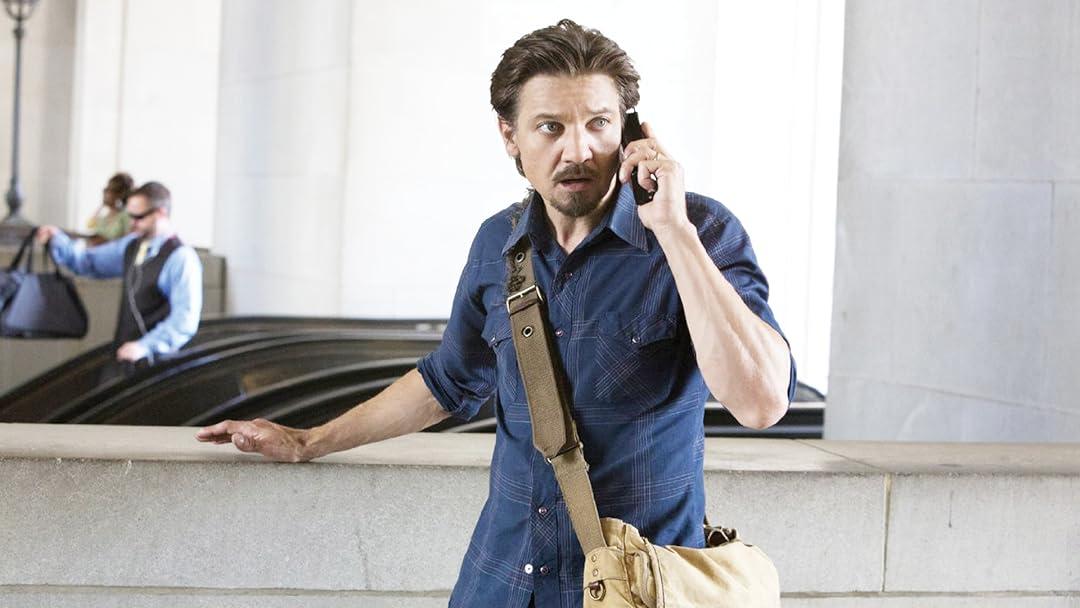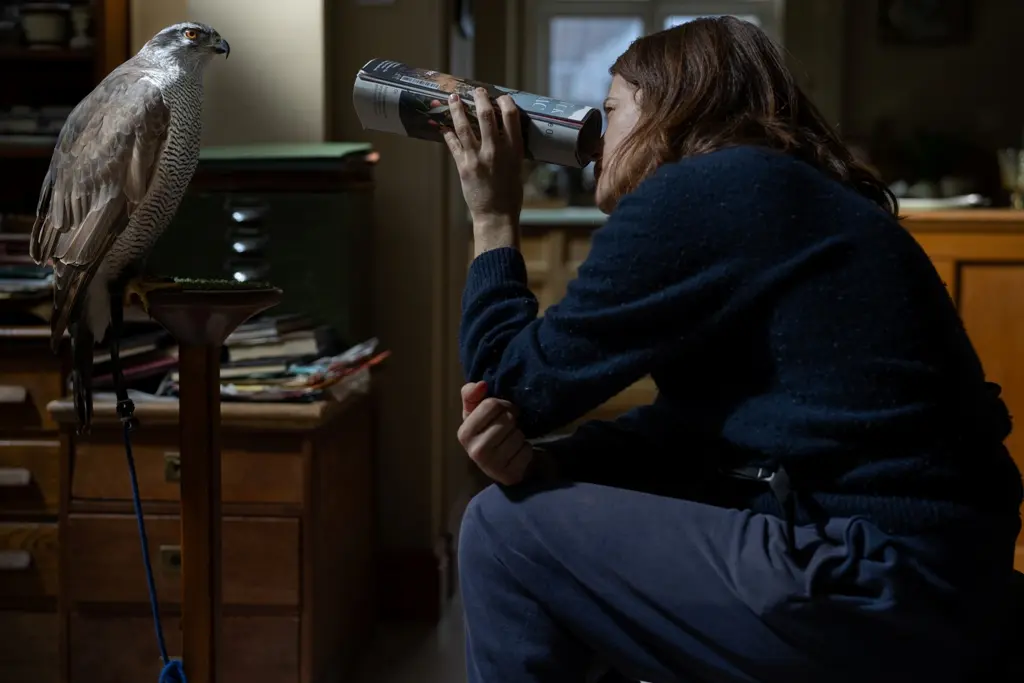R | 1h 52m | Drama, Crime, Mystery, Thriller, History | 2014
For anyone who works for a news reporting company, watching a movie like “Kill the Messenger” (“Kill”) will hit close to home. The members of the Fourth Estate have been dwindling in number for a while now, and this film will remind us of a time when there was no Fifth Estate—no Internet where community newspapers could find themselves on the national stage and international stages.






